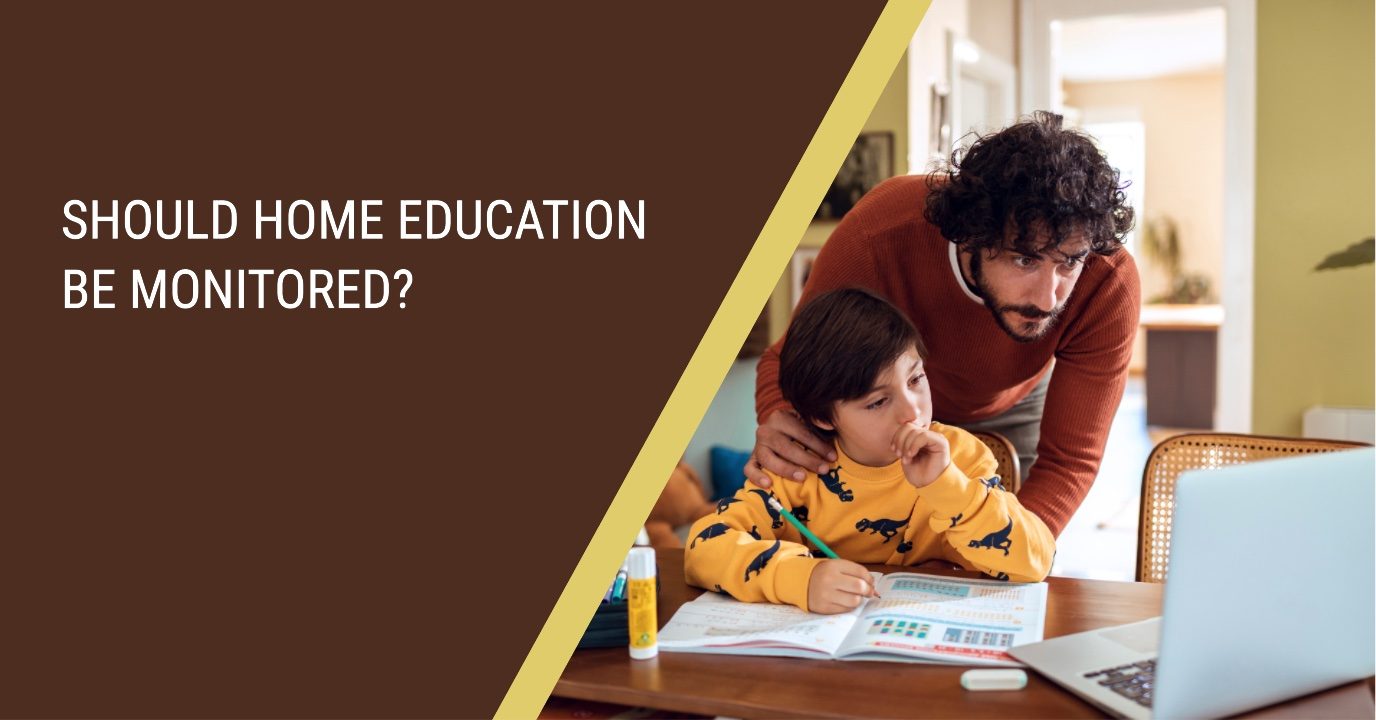
In England, the option to educate children at home is a right deeply enshrined in the educational fabric, offering a personalised learning journey outside the conventional classroom setting. This article delves into the intricate debate surrounding the monitoring of home education, balancing the scales between safeguarding educational standards and upholding parental autonomy.
Section 1: The Current State of Home Education
1.1 Home Education Rights and Responsibilities
Under the Education Act 1996, parents in England have the legal right to educate their children at home, a choice reflecting diverse educational philosophies and circumstances. This freedom comes with the caveat that the education provided must be “efficient, full-time, and suitable” to the child’s needs, challenging parents to meet these broad yet undefined criteria without a structured framework or curriculum.
1.2 Local Authorities’ Role
Local authorities tread a fine line, lacking explicit powers to monitor home education yet bearing the responsibility to intervene when an education appears inadequate. Recommendations suggest that authorities should annually engage with home-educating families, a guideline aimed at fostering a cooperative relationship while ensuring educational suitability.
Section 2: The Case for Monitoring Home Education
2.1 Ensuring Quality of Education
Proponents argue that monitoring is essential to guarantee that home-educated children receive an education comparable in quality to their schooled peers, safeguarding their right to a comprehensive learning experience.
2.2 Safeguarding and Welfare
The invisibility of home-educated children from the professional eye raises concerns about their welfare and safety, prompting calls for monitoring as a safeguarding measure to ensure these children are not at risk or neglected.
2.3 Supporting Families
Effective monitoring could bridge the support gap for home-educating families, especially for those with children requiring special educational provisions, by identifying needs and facilitating access to resources and guidance.
Section 3: The Case Against Increased Monitoring
3.1 Parental Rights and Autonomy
Critics of stringent monitoring view it as an infringement on parental rights, arguing that it undermines the trust and autonomy of families to educate their children according to their values and beliefs.
3.2 Distrust and Burden
Increased monitoring could sow seeds of distrust between families and local authorities, fostering an adversarial relationship. Additionally, the administrative and financial burdens of compliance could deter families from choosing home education.
3.3 One Size Does Not Fit All
The diverse methodologies and philosophies underpinning home education challenge the practicality and fairness of standardised monitoring, highlighting the need for a more nuanced approach.
Section 4: Proposed Solutions and Middle Ground
4.1 Voluntary Registration and Support
A voluntary registration system could offer a middle ground, providing families with access to resources and support while enabling local authorities to maintain a non-intrusive overview of home education.
4.2 Tailored Approaches
Adopting flexible, tailored approaches to monitoring and support could accommodate the diverse needs and circumstances of home-educating families, ensuring that oversight is constructive rather than punitive.
4.3 Community Engagement
Fostering a collaborative environment through community engagement and dialogue could build trust and mutual understanding between home-educating families and local authorities, paving the way for supportive rather than adversarial relationships.
Section 5: Looking Ahead
5.1 Future Legislation
The evolving landscape of home education in England may see new legislation aimed at balancing the need for educational oversight with the preservation of parental rights, a development warranting close attention from all stakeholders.
5.2 The Role of Research and Evidence
To navigate the complexities of home education monitoring, further research and evidence are essential to inform policy decisions, ensuring they are grounded in the realities of home-educating families and the best interests of children.
Conclusion
The debate on monitoring home education in England encapsulates a broader dialogue on the intersection of educational freedom, parental rights, and the state’s role in safeguarding children’s welfare and educational quality. Striking a balance requires ongoing dialogue, flexibility, and a commitment to upholding the diverse needs and rights of all involved.
—
FAQ
What are the legal requirements for parents choosing home education in England?
Parents in England have the right to home educate under the Education Act 1996. They must provide an education that is “efficient, full-time, and suitable” to the child’s age, ability, aptitude, and special educational needs, without the need to follow a specific curriculum or framework.
How do local authorities interact with home-educating families?
Local authorities do not have specific powers to monitor home education but are tasked with intervening if the education provided seems inadequate. They are advised to engage with home-educating families annually to encourage a cooperative relationship and ensure educational suitability.
Why is there a push for monitoring home education?
The push for monitoring home education stems from a desire to ensure that children educated at home receive a quality of education that is on par with their peers in traditional schools, to safeguard their welfare, and to support families, especially those with children who have special educational needs.
What are the arguments against increased monitoring of home education?
Critics argue that increased monitoring infringes on parental rights, could lead to distrust between families and local authorities, and might not be fair or practical due to the diverse approaches to home education. There’s also concern about the potential administrative and financial burden on families.
How might a balance be struck in the monitoring of home education?
A balanced approach to monitoring home education might include a voluntary registration system, allowing families access to resources and support while giving local authorities an overview of home education. Tailored, flexible approaches and community engagement could also help foster a supportive environment.